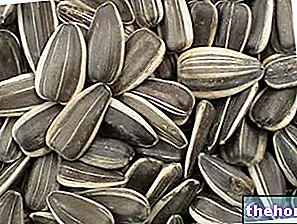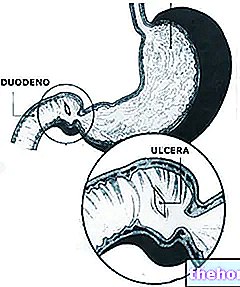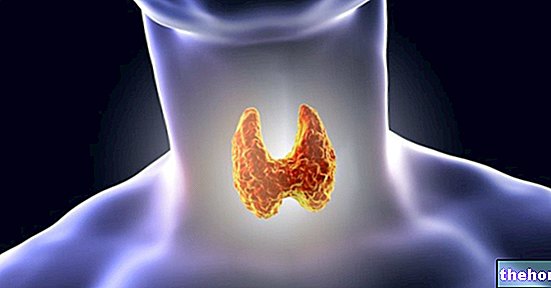, potassium and vitamin C. Consuming these compounds, for example, can help reduce the risk of heart disease, stroke and heart attack.
Regular consumption of fruit as part of a healthy diet can also help:
- check blood pressure and cholesterol
- improve the health of the intestine and digestive system
- protect against certain types of cancer
Fruits are cholesterol-free, naturally low in sodium and fat and, for the most part, low in calories. Also whether fruits and vegetables, as part of a healthy diet, can aid in weight loss or maintain moderate weight. Fruit is rich in fiber and water content, which is why it has a high satiating power.
general.A person's individual needs for fresh fruit and vegetables can vary based on:
- height
- weight
- sex
- age
- physical activity
- health conditions
Consuming higher fruit has more protective effects on health, and reduces the occurrence of heart disease, cardiovascular disease, and stroke. As long as a person follows a balanced diet rich in other sources of whole foods, eat whole fruit in almost any quantity. it can be healthy in most diets. Other factors, including metabolic conditions such as diabetes, can affect this amount. People with diabetes, for example, should still eat fruit, with the goal of including fiber-rich whole fruit on fruit juices and starchy foods. Non-starchy fruit has a low glycemic index. Additionally, any specific diet plan a person follows can change the amount of fruit allowed. Some diets, such as the ketogenic diet, involve a drastic reduction in carbohydrates, and therefore also in fruit.
. Consuming excessive amounts of whole fruit is much rarer than limited and scarce consumption, in fact most people do not consume enough. The main concern some people have about fruit is the amount of sugar it contains. Fruits are high in natural sugars, and the body can convert those sugars into fat for later use if it doesn't burn them immediately.
These sugars alone can be an indicator of weight gain and other metabolic problems. This suggests to some people that eating too much sugar could increase fat levels and lead to weight gain, although numerous scientific studies have shown like most fruits it actually has an anti-obesity effect.
There can be many reasons for this, including the following:
- Fruit tends to be low in calories per serving.
- Fruit contains vitamins and phytochemicals necessary for ideal health.
- Fruit can nourish a healthy gut microbiome.
- Fruit is rich in water and fiber, which can increase the feeling of satiety.
Excessive consumption of sugar-rich sources such as fruit juices can also promote certain conditions, such as metabolic syndrome.The intestine helps slow the absorption of fructose, which is the type of sugar in fruit, before it reaches the liver. Slow intakes of sugar, such as eating solid foods or eating sugary foods scattered over time, can allow the gut to effectively control the amount of sugar that gets to the liver. However, when there is too much sugar to be metabolized by the small intestine. once, as with liquid sources rich in sugar, it is difficult for the liver to dispose of these sugars.This extra strain and the extra sugar reaching the liver can lead to conditions such as metabolic syndrome.
and healthful phytochemicals. Sugar in whole fruit does not have the same effect as other sugars, such as table sugar, when consumed as part of a balanced diet. Eating whole fruit instead of other sweeteners can lead to better blood sugar control and does not appear to have a negative effect as long as the person keeps their intake at around 12% of their overall calories.




























